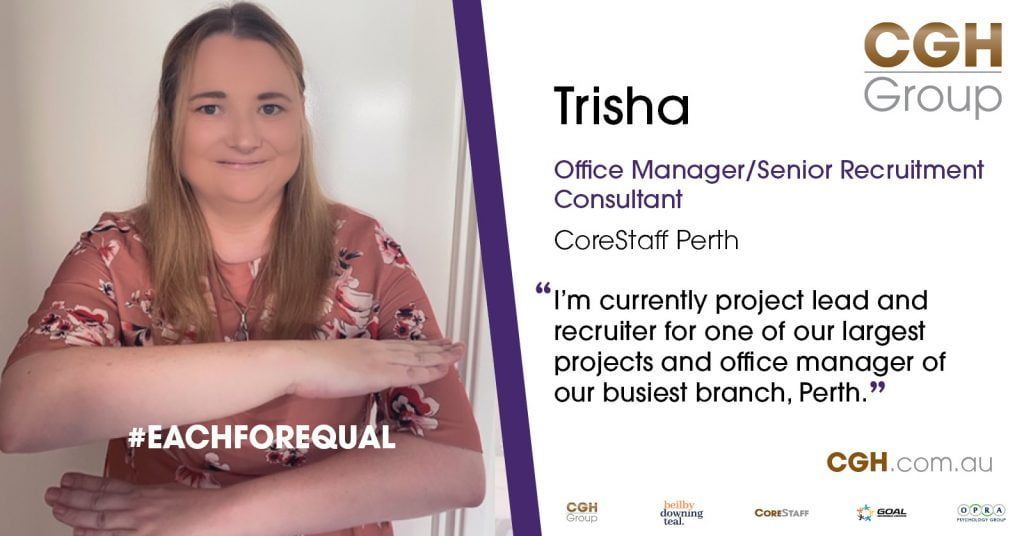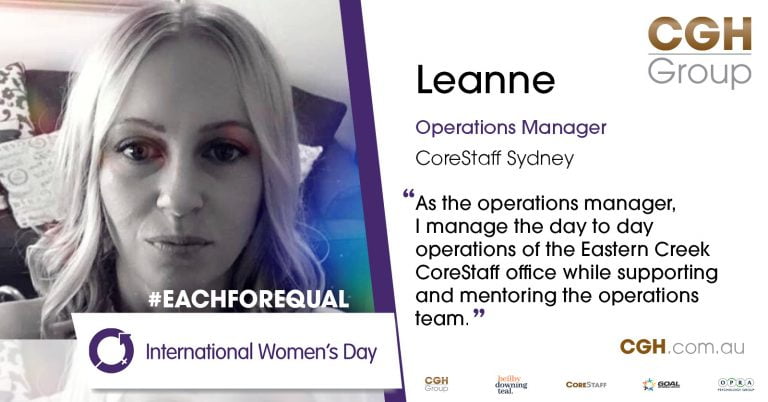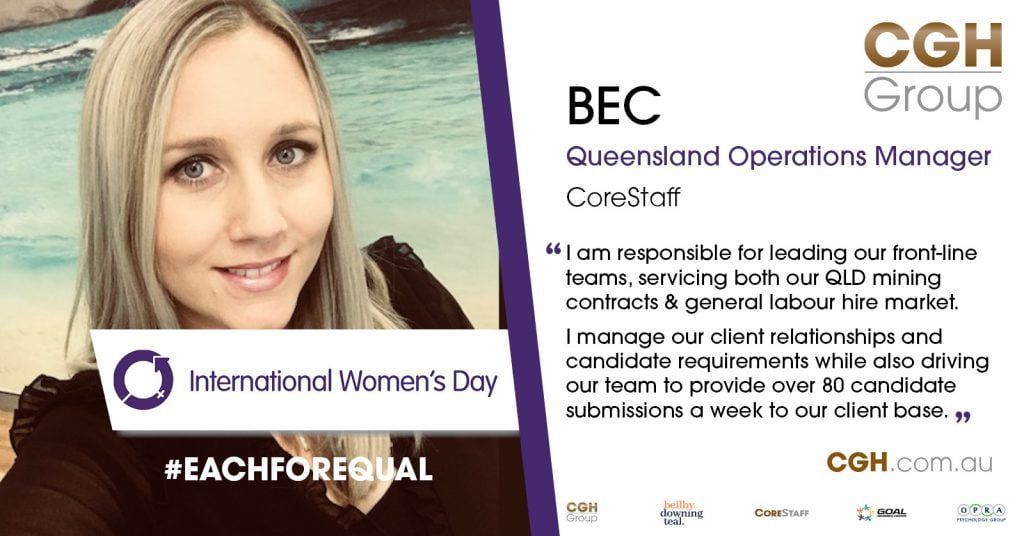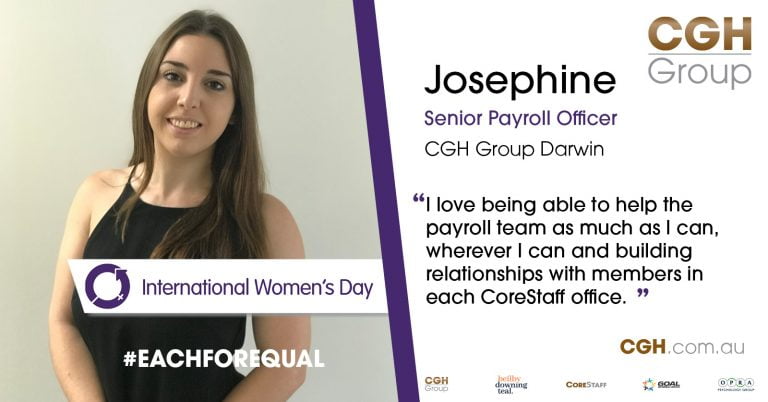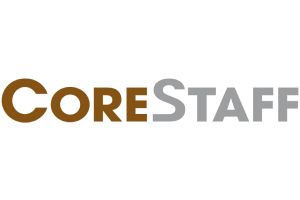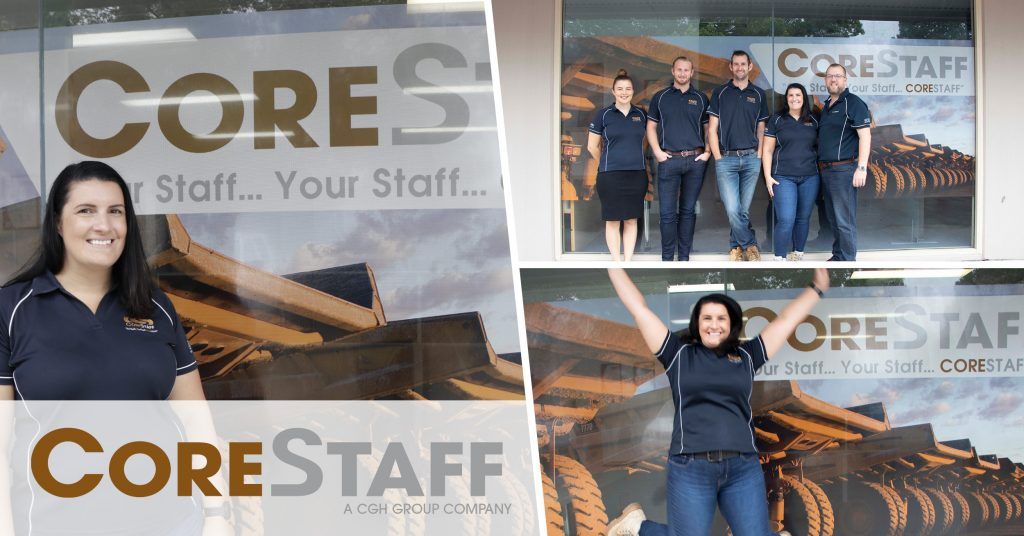Stand out in an interview with these six top tips

You’ve adapted your resume and optimised your cover letter. The phone call went great and you’ve made it: you’ve landed an interview. Interview etiquette you know, researching the company is down pat. But how do you make yourself stand out in an interview?
You might hope that your experience and knowledge is enough to set you apart, but human beings are flawed. That said, you can play on human psychology to your benefit, and hack your way to being a candidate the recruiter can’t stop thinking about.
1. Practice storytelling
It’s not just what you say that is going to matter: it’s how you say it too. Try practising your storytelling to help smooth out your question-answering skills. Listen to podcasts like The Moth or Tall Tales And True. Pre-plan answers to traits-based questions you’re likely to be asked. If you can master smooth question-answering, you’ll stand out in the candidate pool.
2. Beef up your vocab
Repeating buzzwords like ‘passionate’ is a huge turn-off to a recruiter, but trying to entirely overhaul your language mid-interview is an impossible feat. Try expanding your vocab pre-emptively. Learn new synonyms, and different ways to say the same thing. Rather than repeat a list of times you increased sales, try mentioning an improvement on returns, a record-breaking quarter, a something percent rate rise in purchases.
3. Dress for success
It’s an age-old style move to wear a distinctive colour or some costume jewellery to show a bit of personality and create topics for small talk. Psychological research has shown that humans are perceptive to these little signals. So much so, that wearing the colour red may make you appear more powerful than someone in blue.
4. Power pose to get pumped
Your body language matters and can help you stand out in an interview. It’s important to appear an engaged and interested person, what’s on the outside can also influence what’s inside. By practising power poses before an interview, you can actually trick your brain into feeling the confidence you want to give off.
5. Make an entrance
It’s good practice to be early; you want to show your punctuality. This also gives you a chance to make an impression with the front of house. An organisation’s receptionist may not have decision-making power, but they are a vital vetting tool for candidates. Make small chat and be friendly, and you may well be pinned as the candidate who is most likely to fit in at the office.
6. Follow up
If possible, try and create some breadcrumbs to an extracurricular topic; like a podcast, event or some books. This gives you a reason to follow up, and help the interviewer remember who you are. There’s something in memory called the primary-recency effect. This is where a person is more likely to remember the first and last of something. It could be things on a list, or people met in a day. It disadvantages you if you’re interviewing between other candidates. By following up, you’re helping the interviewer process their memories of you into long-term memory, where it’ll be easier to recall why you’re suitable for the role – rather than relying on their brief notes.
Check out the
Jobs Page to start your success story now.



